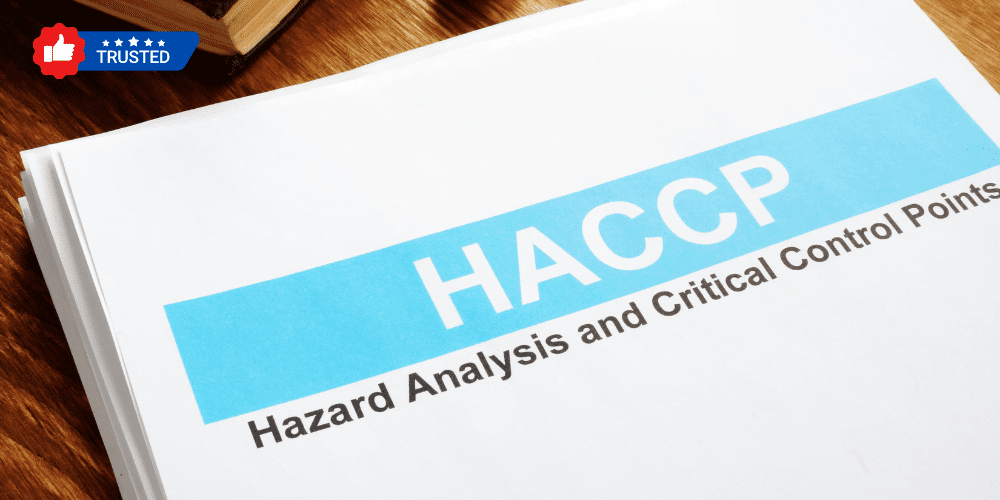HACCP Certification-Safeguarding Food Safety for Business Growth in India
Description
What is HACCP Certification?
HACCP, or Hazard Analysis Critical Control Point, is a systematic preventive approach to food safety that identifies, evaluates, and controls potential hazards throughout the food production process. HACCP Certification is a testament to a business’s commitment to ensuring the safety and quality of its food products.
When Does HACCP Certification Require?
HACCP Certification is essential for businesses operating in the food industry, including food manufacturers, processors, and distributors. It is particularly crucial in ensuring the safety of the food supply chain, from production to distribution.
Importance of HACCP Certification:
- Consumer Confidence: HACCP Certification enhances consumer confidence by assuring them that the food they consume is produced and handled with the highest standards of safety.
- Compliance: It ensures compliance with food safety regulations, both national and international, contributing to a positive regulatory relationship.
- Risk Mitigation: By identifying and addressing potential hazards in the production process, businesses mitigate the risk of contamination and ensure the safety of their food products.
- Market Access: HACCP Certification is often a prerequisite for entering certain markets, both domestically and globally, where stringent food safety standards are mandated.
Criteria for HACCP Certification:
- Hazard Analysis: Identify and assess potential biological, chemical, or physical hazards in the production process.
- Critical Control Points (CCPs): Determine the critical control points where control measures can be applied to prevent, eliminate, or reduce identified hazards.
- Monitoring Procedures: Establish monitoring procedures to ensure that each CCP is under control throughout the production process.
- Corrective Actions: Develop corrective actions to be taken when monitoring indicates that a CCP is not under control.
How to Apply for HACCP Certification:
- Preparation: Ensure that your business has implemented a HACCP plan and that all staff is trained on its procedures.
- Documentation: Prepare all necessary documentation, including the HACCP plan, records of monitoring activities, and corrective action procedures.
- Certification Body Engagement: Choose a reputable certification body, engage their services, and submit your application for assessment.
- On-site Audit: The certification body conducts an on-site audit to verify the implementation and effectiveness of your HACCP plan.
How Business Badhega Will Help:
- HACCP Plan Development: Business Badhega assists businesses in developing a robust HACCP plan tailored to their specific operations.
- Training Support: We provide training support to ensure that your staff is well-versed in HACCP principles and procedures.
- Documentation Assistance: Our experts assist in preparing and organizing all required documentation for a successful certification application.
- Certification Process Guidance: Business Badhega guides businesses through the entire HACCP Certification process, offering expertise and support at every stage.


